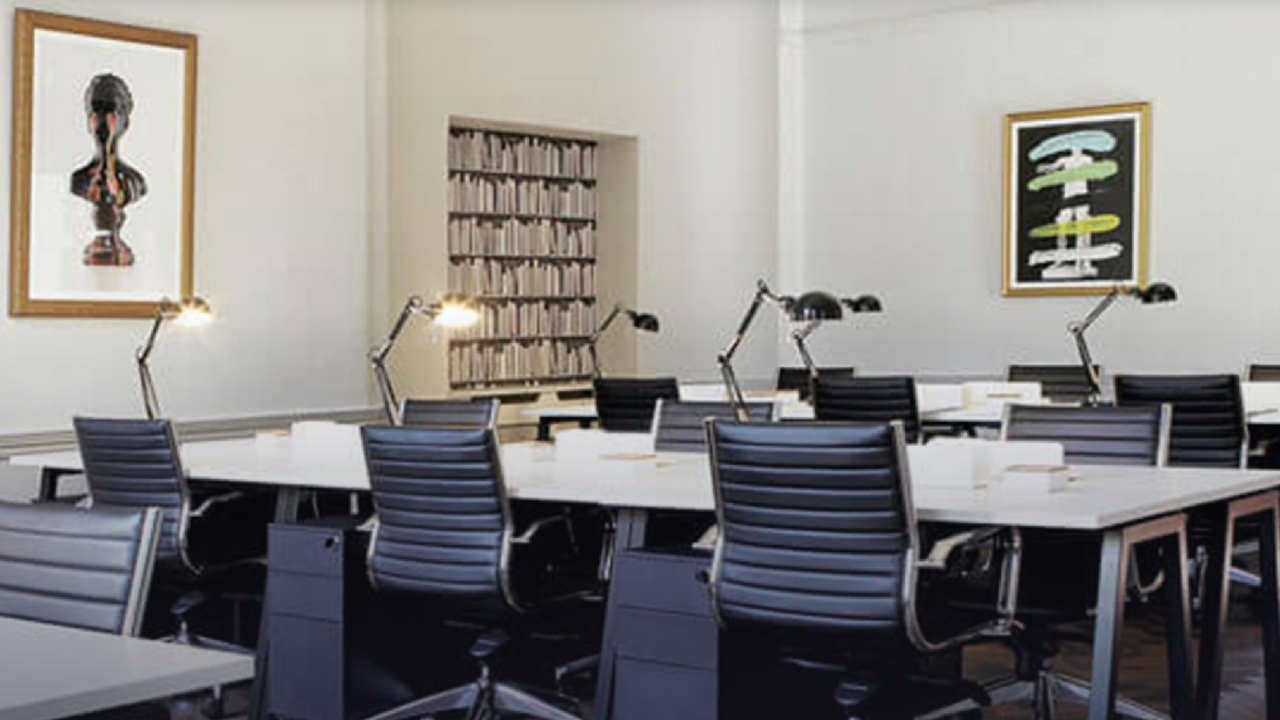Europe’s flexible workspace sector is continuing to take huge strides forwards. Against this backdrop of continued growth, one city in particular is enjoying the lion’s share of attention.
Dublin is set to welcome a number of new workspaces this year. Among them, WeWork will make its Dublin debut with two locations and Regus, which currently has 8 business centres in and around the Irish capital, is reportedly also planning to expand its Dublin portfolio.
Last month, Paul Finucane of Colliers claimed that 2018 will see a “rapid rise” of flexible workspace operators in Dublin, citing WeWork’s two-pronged Dublin debut as a “real game-changer”.
Allwork.Space spoke with Michael Healy, Divisional Director of Workthere Ireland, part of Savills, to learn more about Dublin’s thriving serviced office market and what we can expect in 2018.
Allwork.Space: Workthere Ireland launched in May 2017. What have been the most notable trends so far?
Michael Healy: Workthere Ireland has had a really successful first year. We’re working with a range of clients including new entrants to the Irish market, particularly those within the technology and aviation sectors, and also established clients. They tend to know exactly what they’re looking for — for example, they need swing space, or they’ve outgrown their premises, or they need project space. There’s a real broad mix of requirements in Dublin.
Allwork.Space: Is there high demand for flexible space in Dublin?
Dublin has always had good demand for flexible space — it’s just now the market is catching up. Over the last couple of years, flexible space clients have been accommodated in older properties such as Georgian buildings and townhouses, but now the market is maturing and we’re seeing new, larger buildings under construction and new operators coming into the market, such as WeWork.
Allwork.Space: Has the arrival of new operators helped raise awareness of flexible space?
Yes. A lot more people are talking about flexible space now and we’re even finding that a lot of operators are moving away from the term ‘serviced office’. By referring to their product as ‘flexible space’, it’s a type of rebranding. Plus, it’s a way of demonstrating that they offer more than traditional serviced offices. Most operators now provide a variety of space including coworking, and even though not every client wants shared space, they recognise that a private office still provides networking opportunities within the building.
Allwork.Space: Why the buzz? Why is there so much interest in Dublin at the moment?
Serviced office space is growing in popularity globally and this is particularly evident in Dublin. Tenants don’t want to sign up to long-term leases and they don’t want the commitment of traditional office space. They recognise that flexible space takes the hassle out of the workspace experience and gives them room to grow.
In Dublin specifically, a lot of tech companies are coming into the city. The likes of Google, Amazon and Facebook all started out in serviced offices initially, before taking permanent space. The market is maturing, and all these different factors combine to make Dublin a very attractive base.
Allwork.Space: What about supply, are there enough flexible workspace options in Dublin to meet demand?
Time will tell! There’s definitely demand and we’re seeing a lot of new serviced and flexible offices coming to the market. WeWork is opening a new location in Iveagh Court, where we’ve already done a number of deals, and Iconic Offices launched The Greenway in October 2017, which was full before it opened!
Allwork.Space: How do you see Dublin’s market developing in 2018?
We’re going to see a lot more take-up along with new entrants, particularly UK-based operators — not just WeWork! We’re also expecting several indigenous operators such as Iconic Offices and Pembroke Hall to be expanding this year.

 Dr. Gleb Tsipursky – The Office Whisperer
Dr. Gleb Tsipursky – The Office Whisperer Cat Johnson – Coworking Marketing Maven
Cat Johnson – Coworking Marketing Maven Angela Howard – Culture Expert
Angela Howard – Culture Expert Drew Jones – Design & Innovation
Drew Jones – Design & Innovation Andrea Pirrotti-Dranchak – Competitive Advantage
Andrea Pirrotti-Dranchak – Competitive Advantage Jonathan Price – CRE & Flex Expert
Jonathan Price – CRE & Flex Expert Jeremy Fennema – Tech Innovation Alchemist
Jeremy Fennema – Tech Innovation Alchemist







